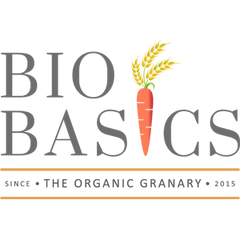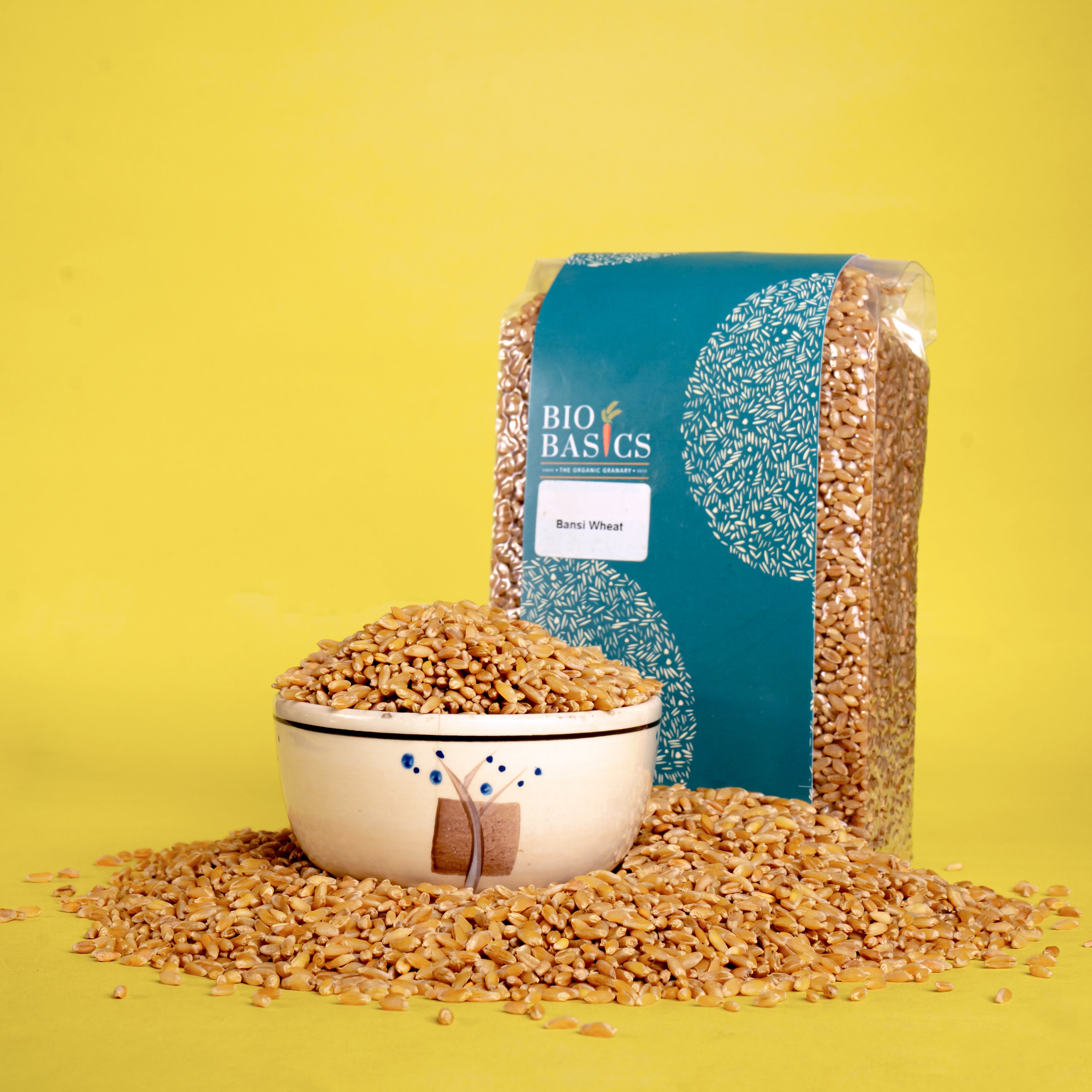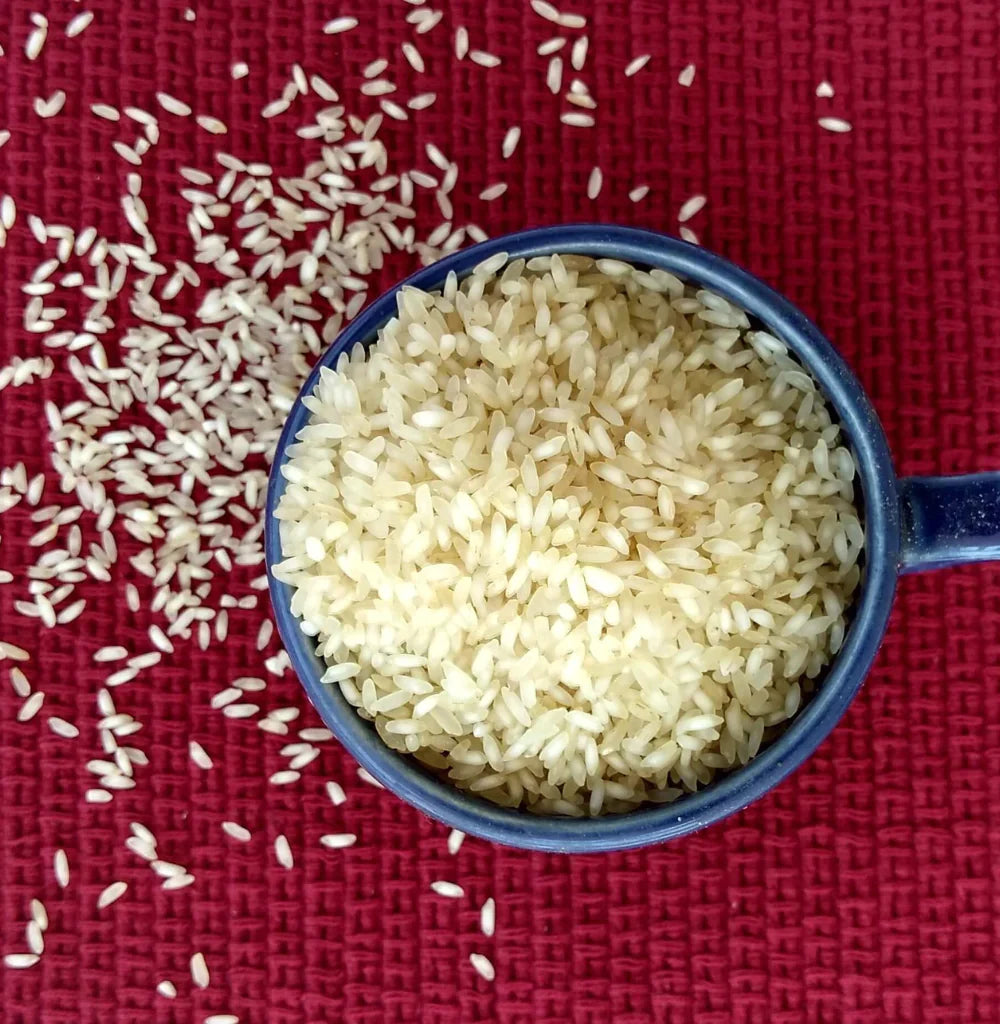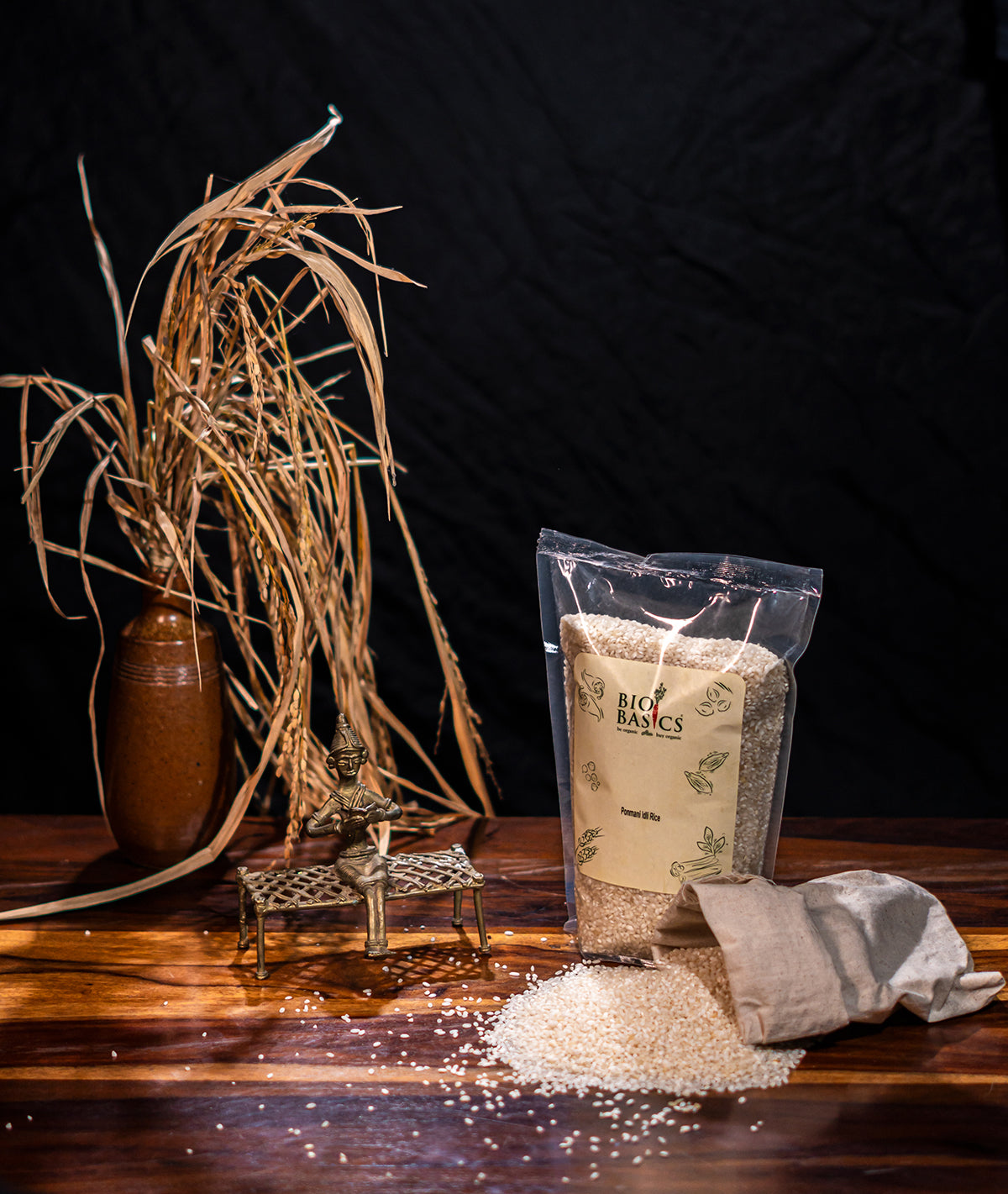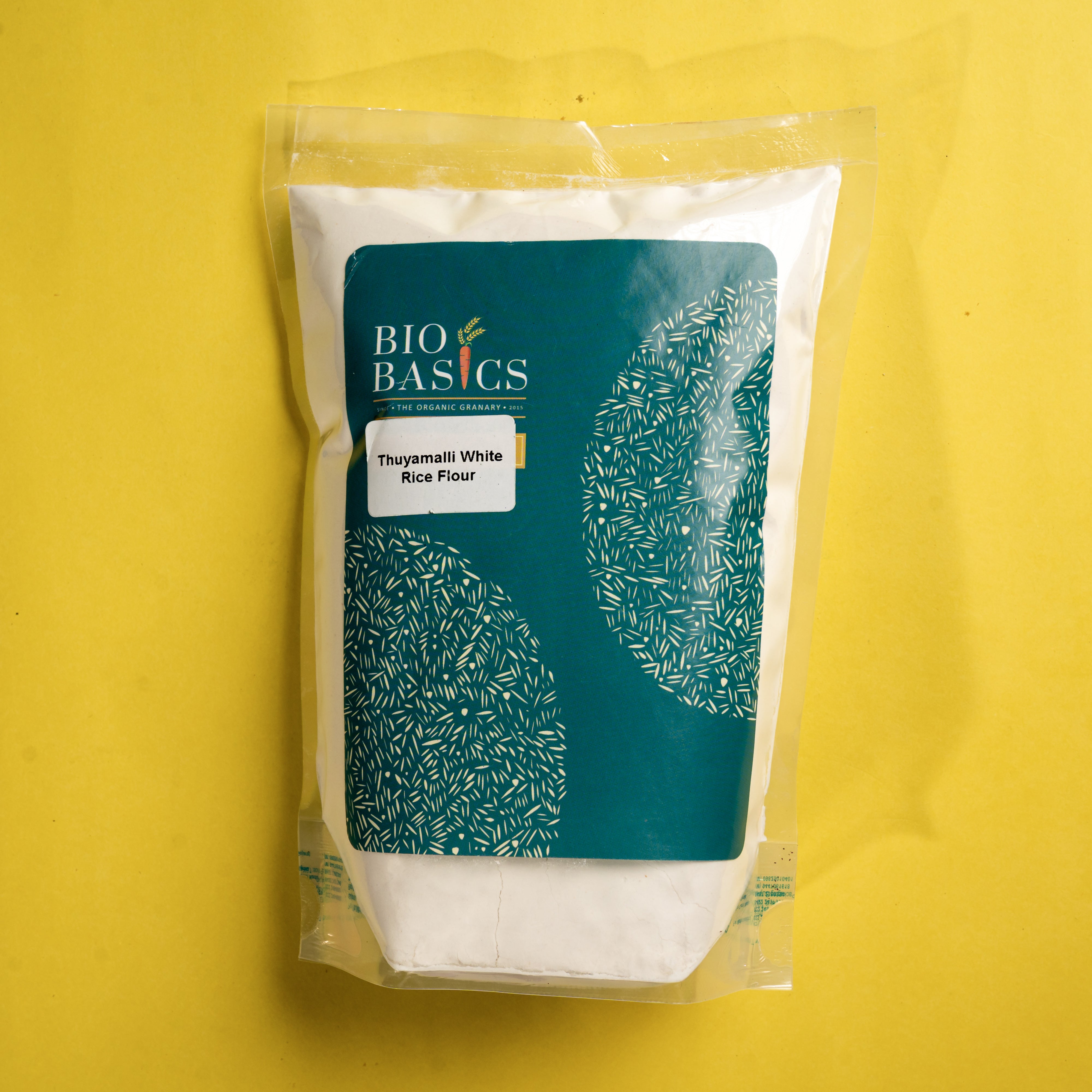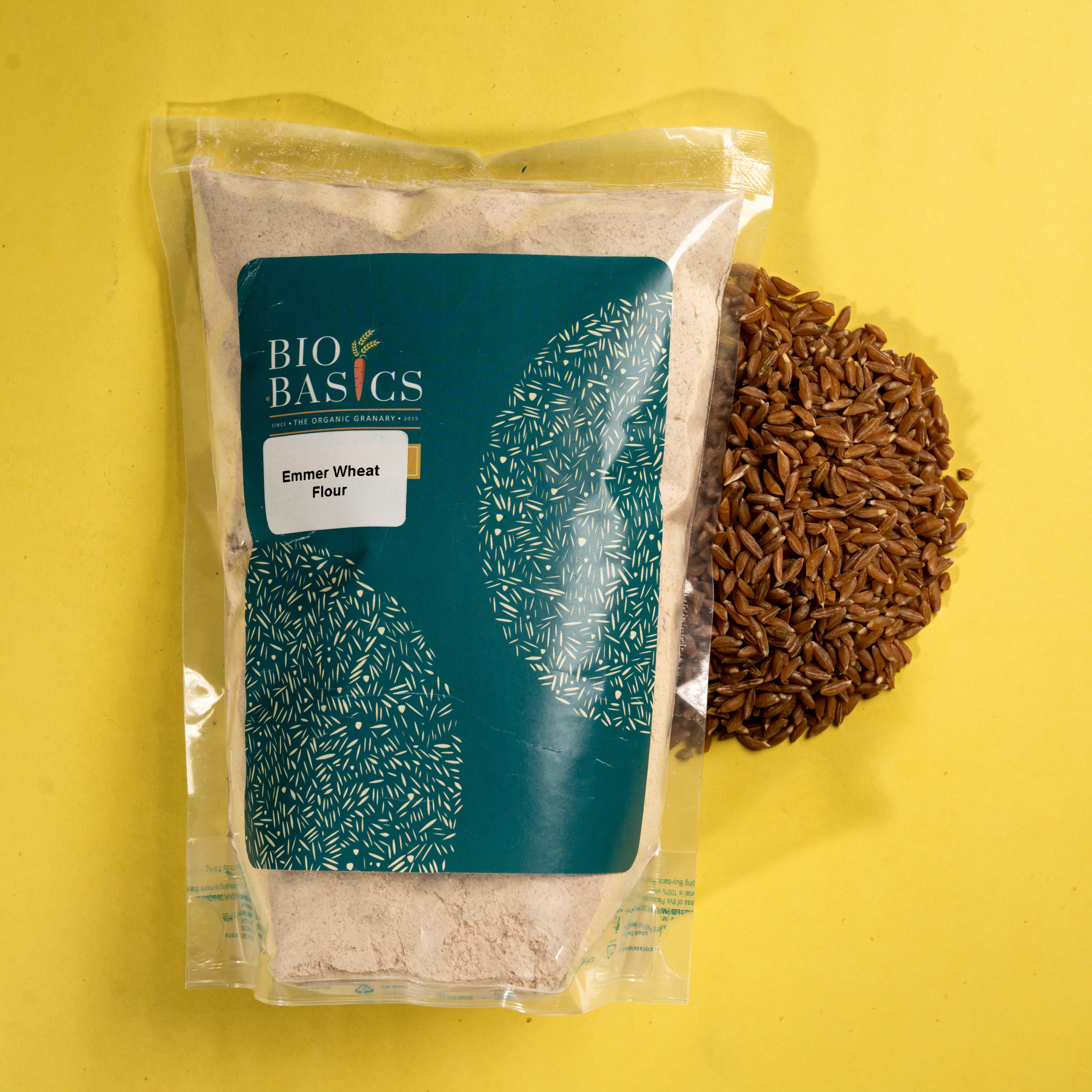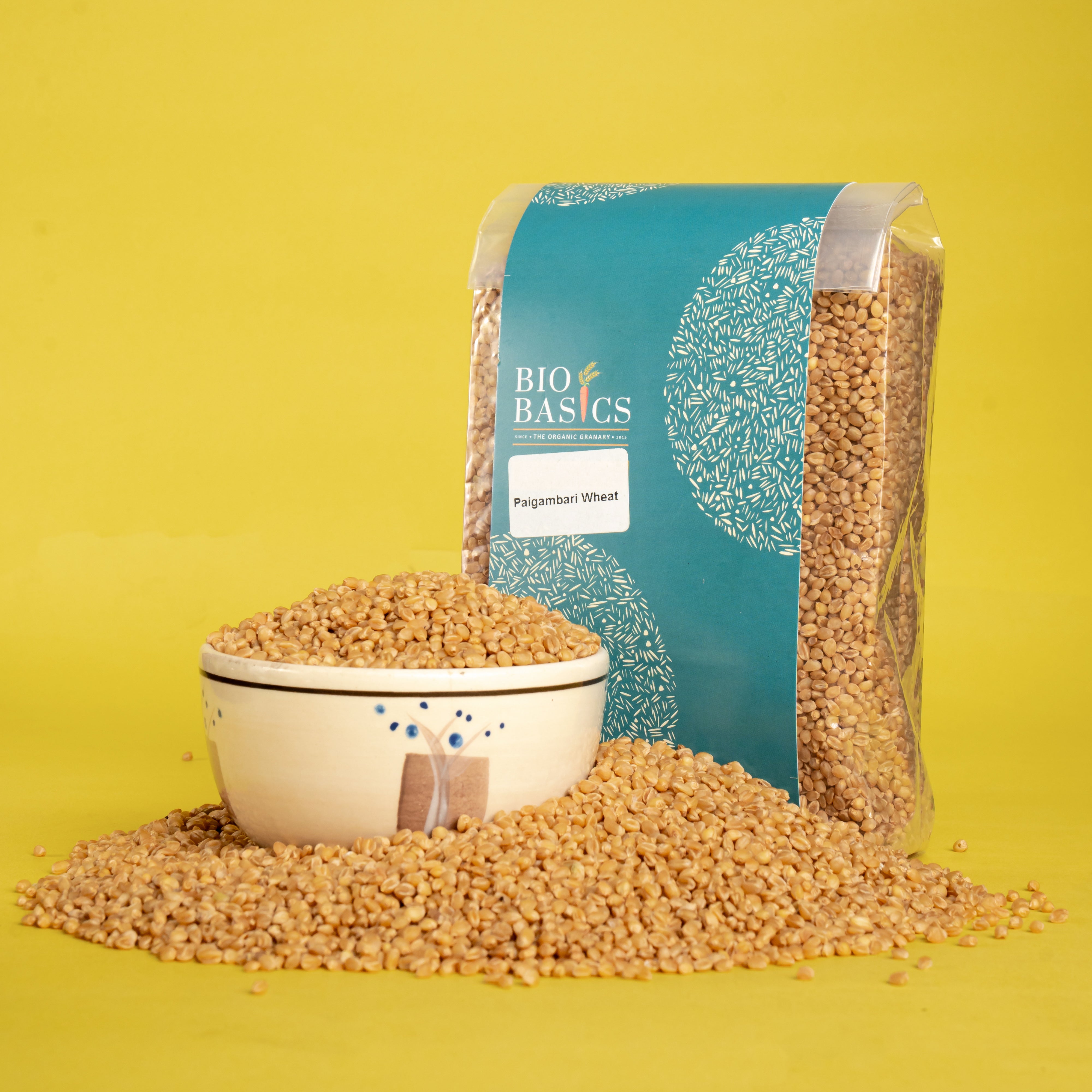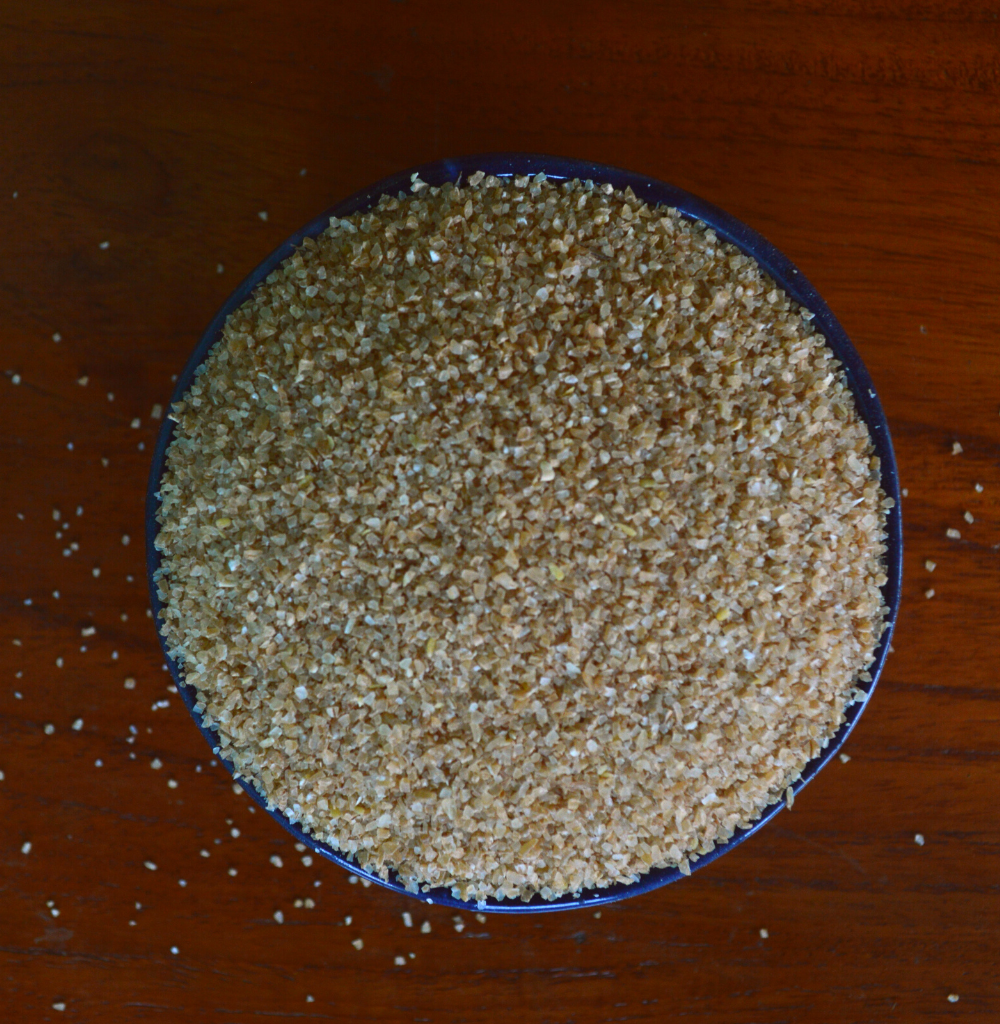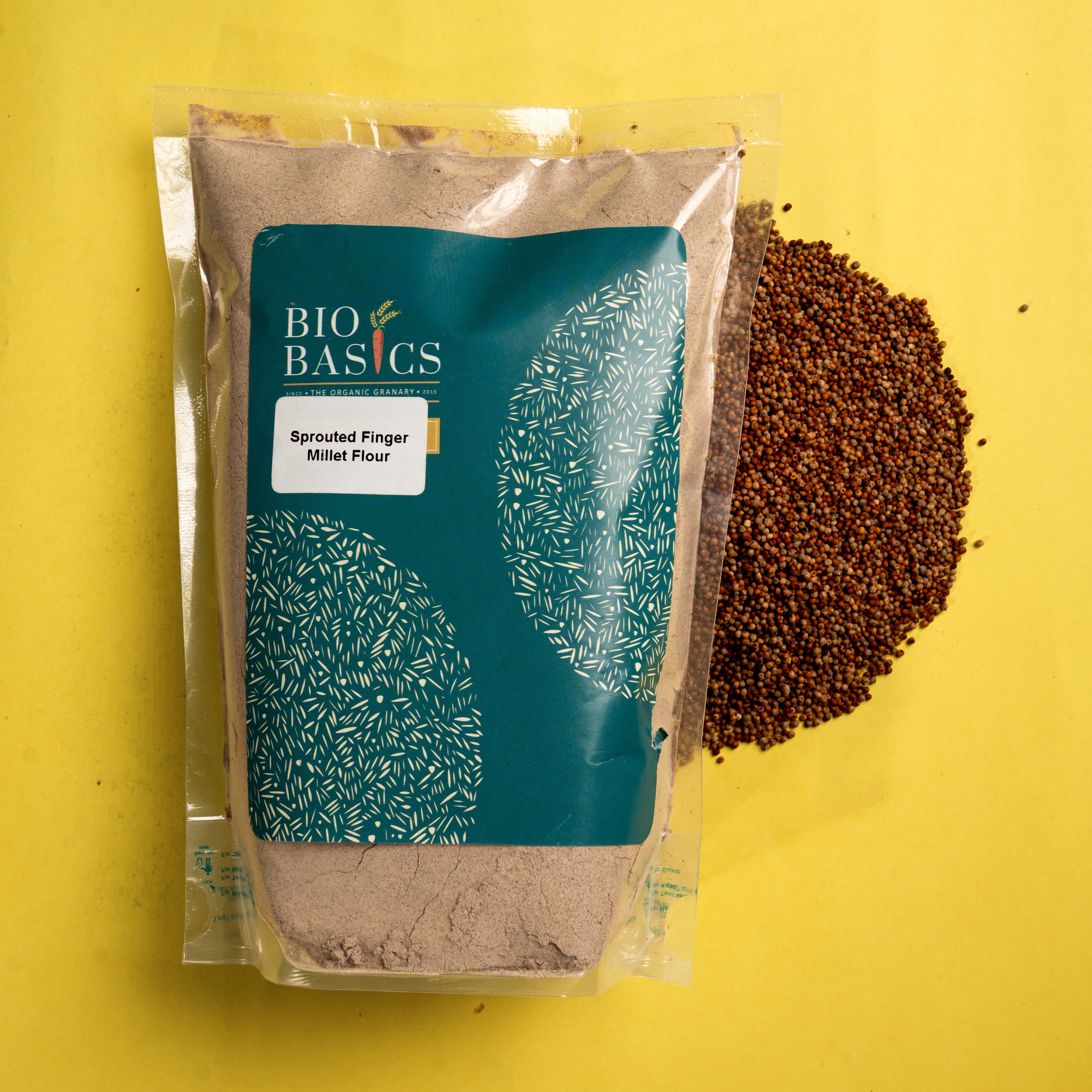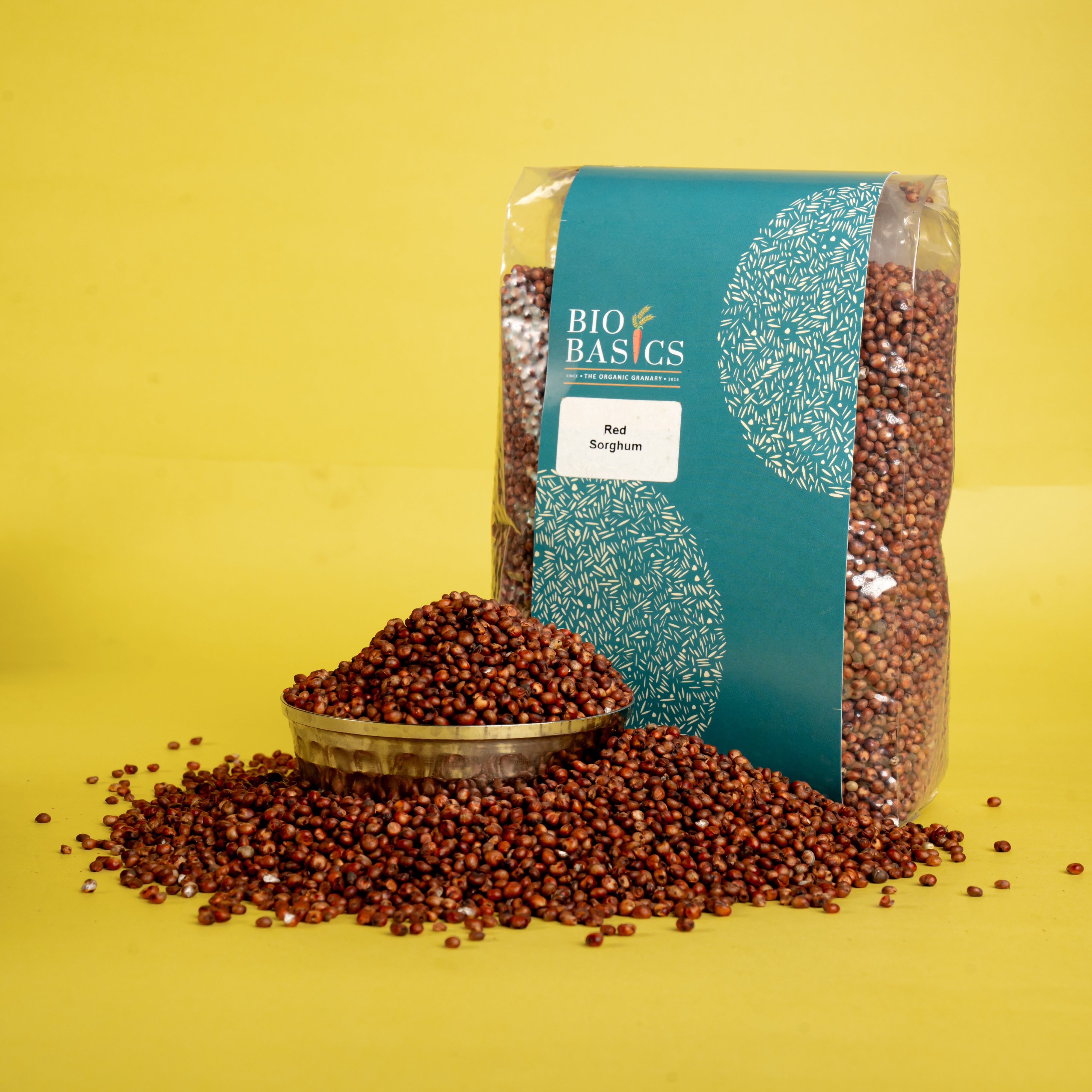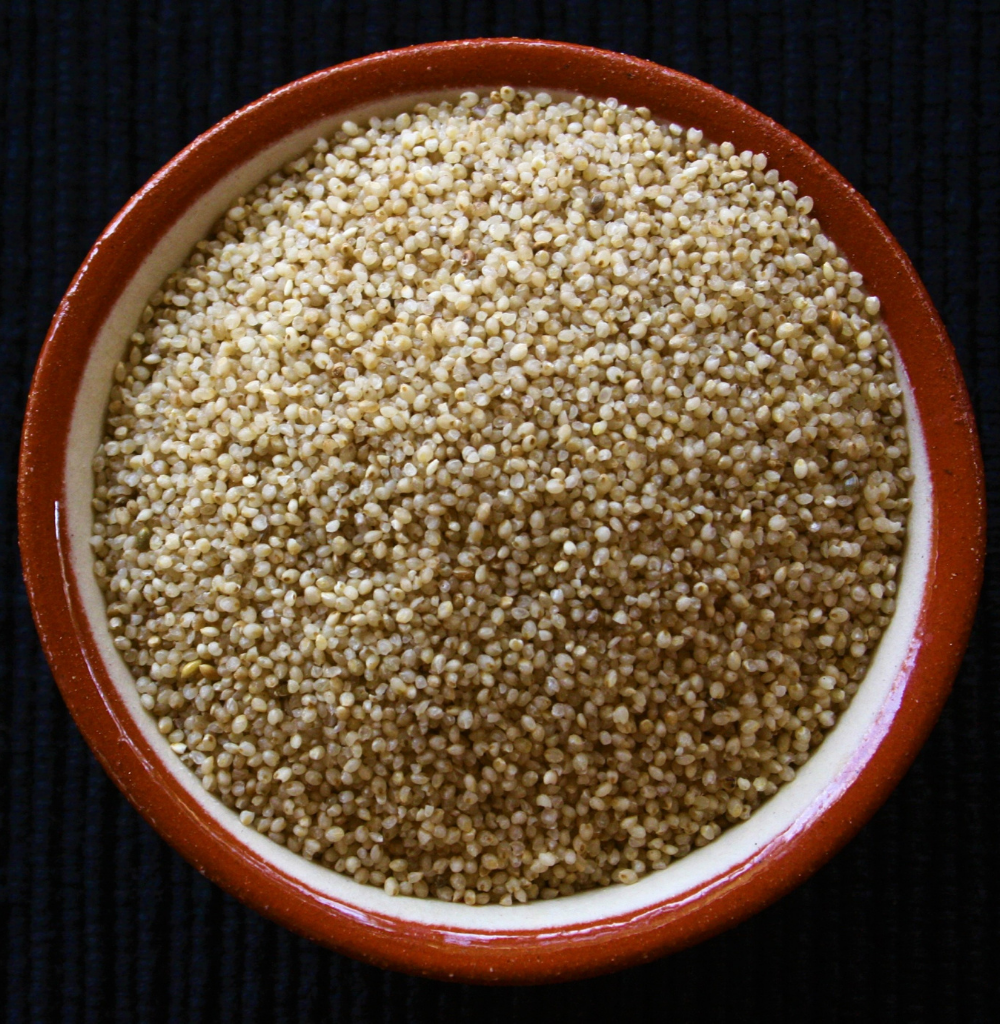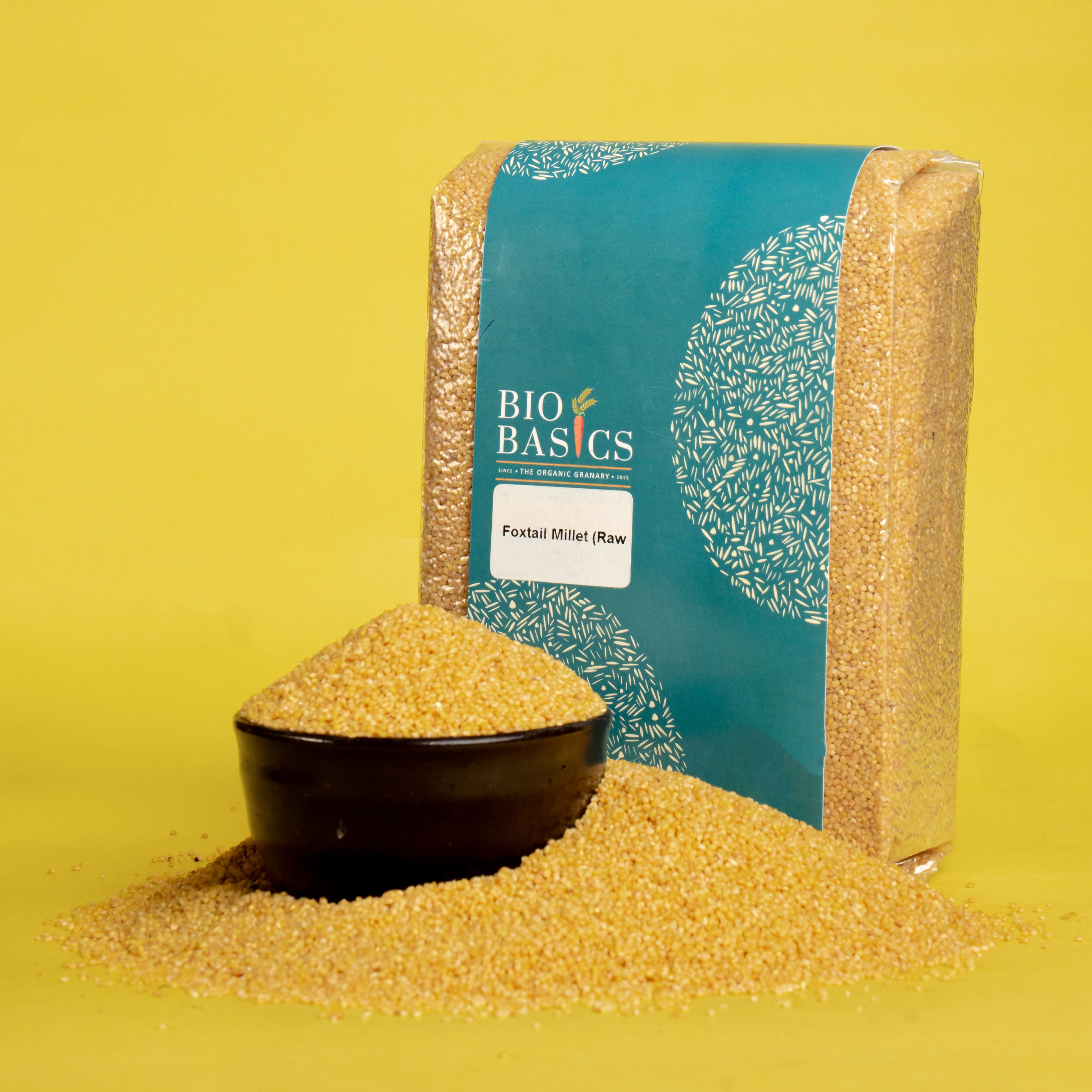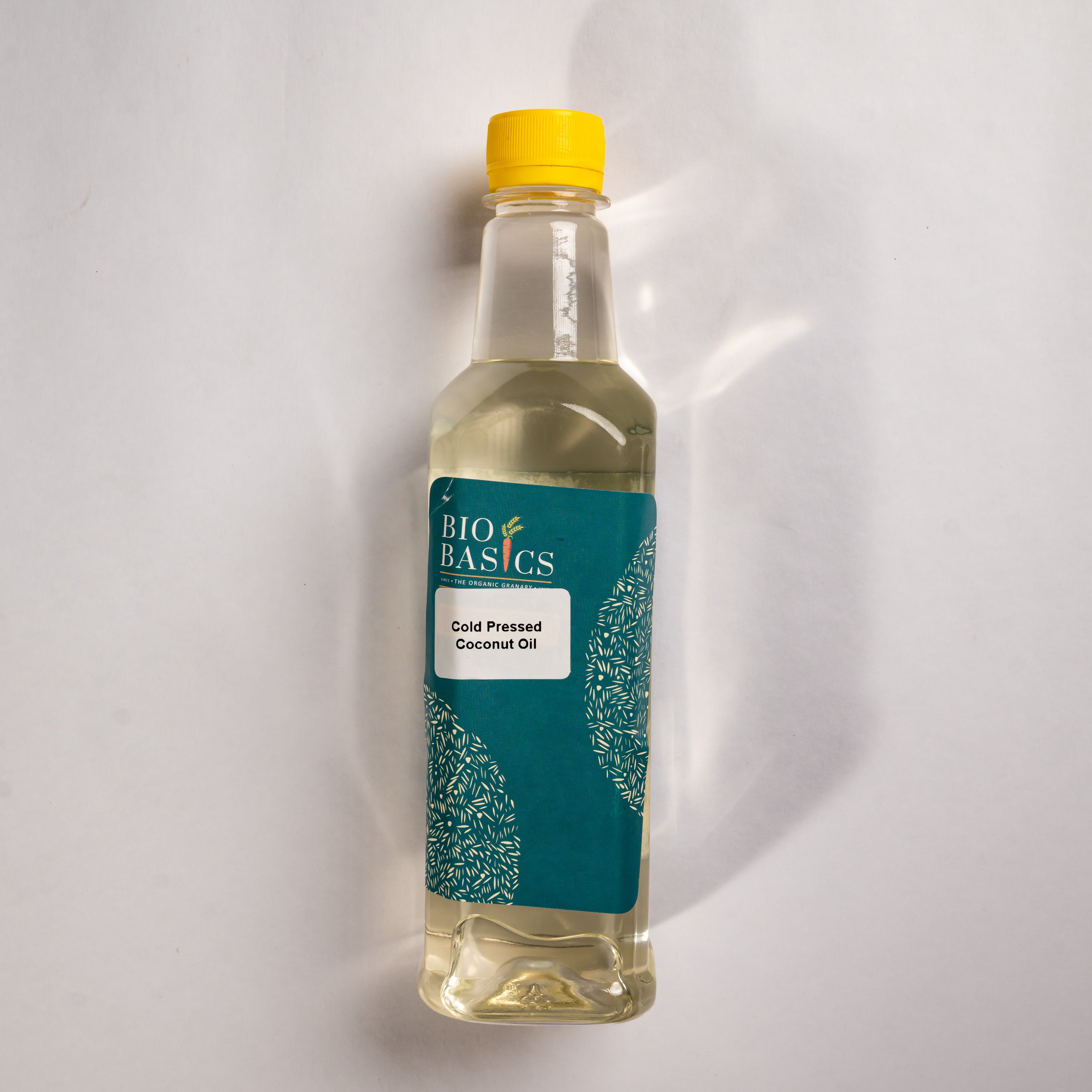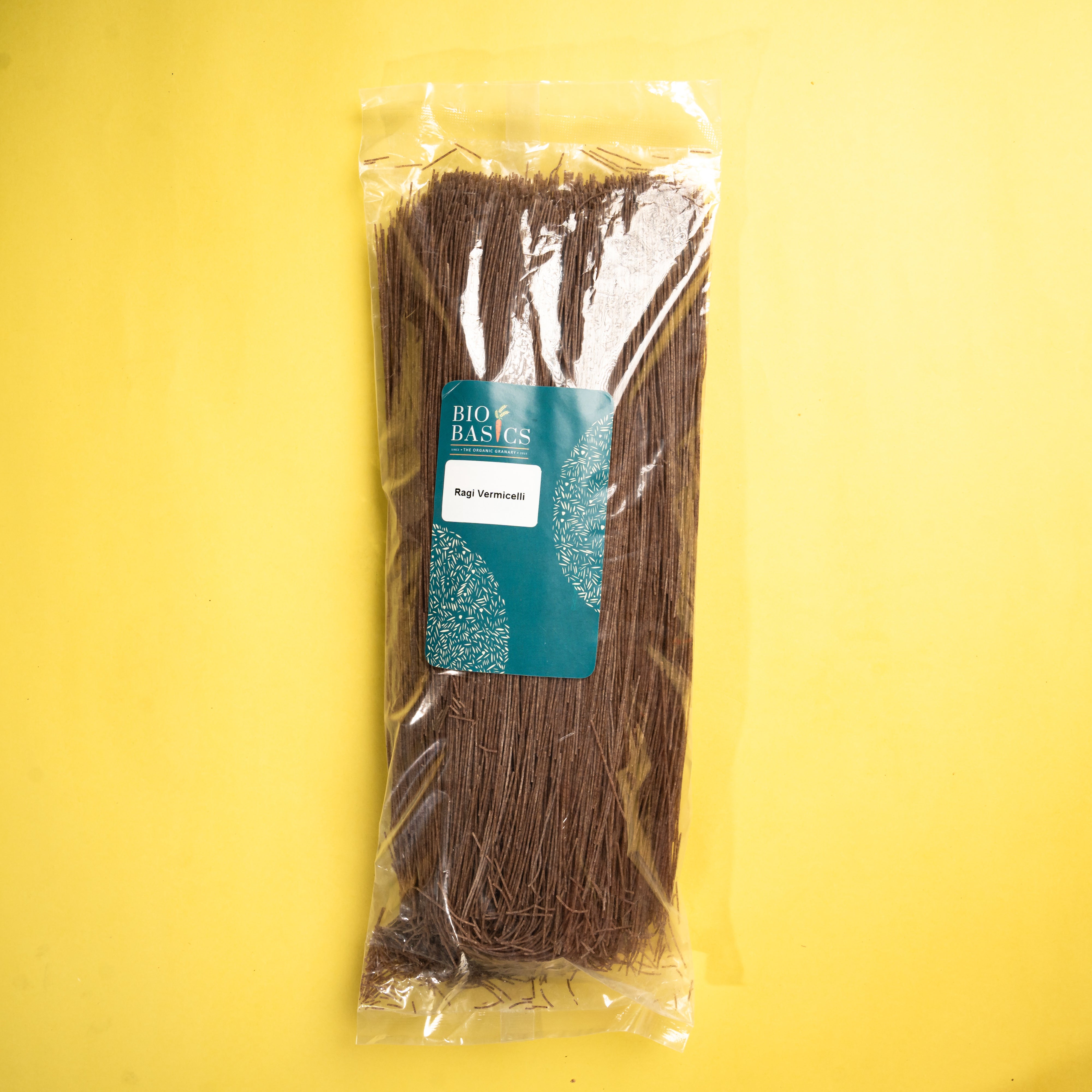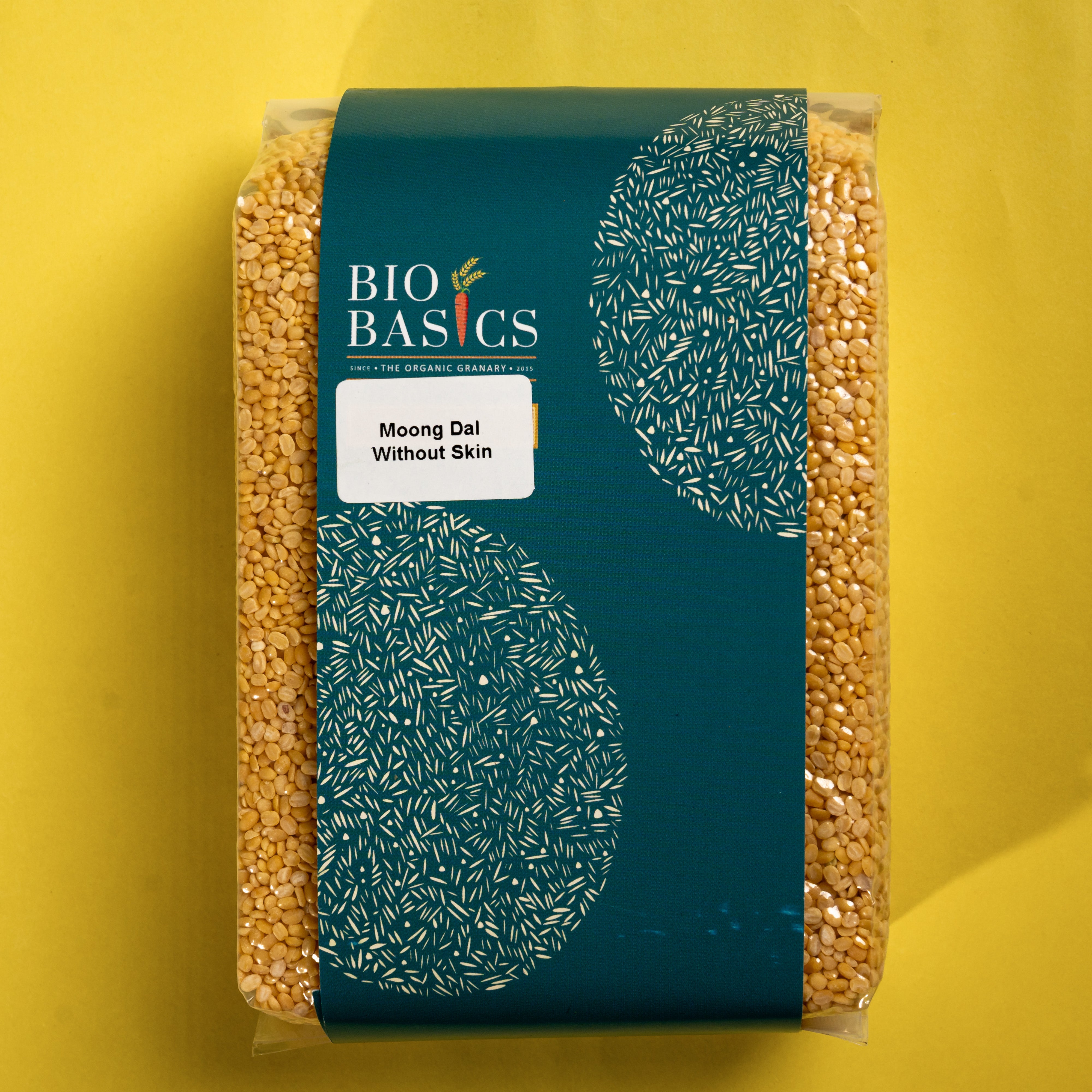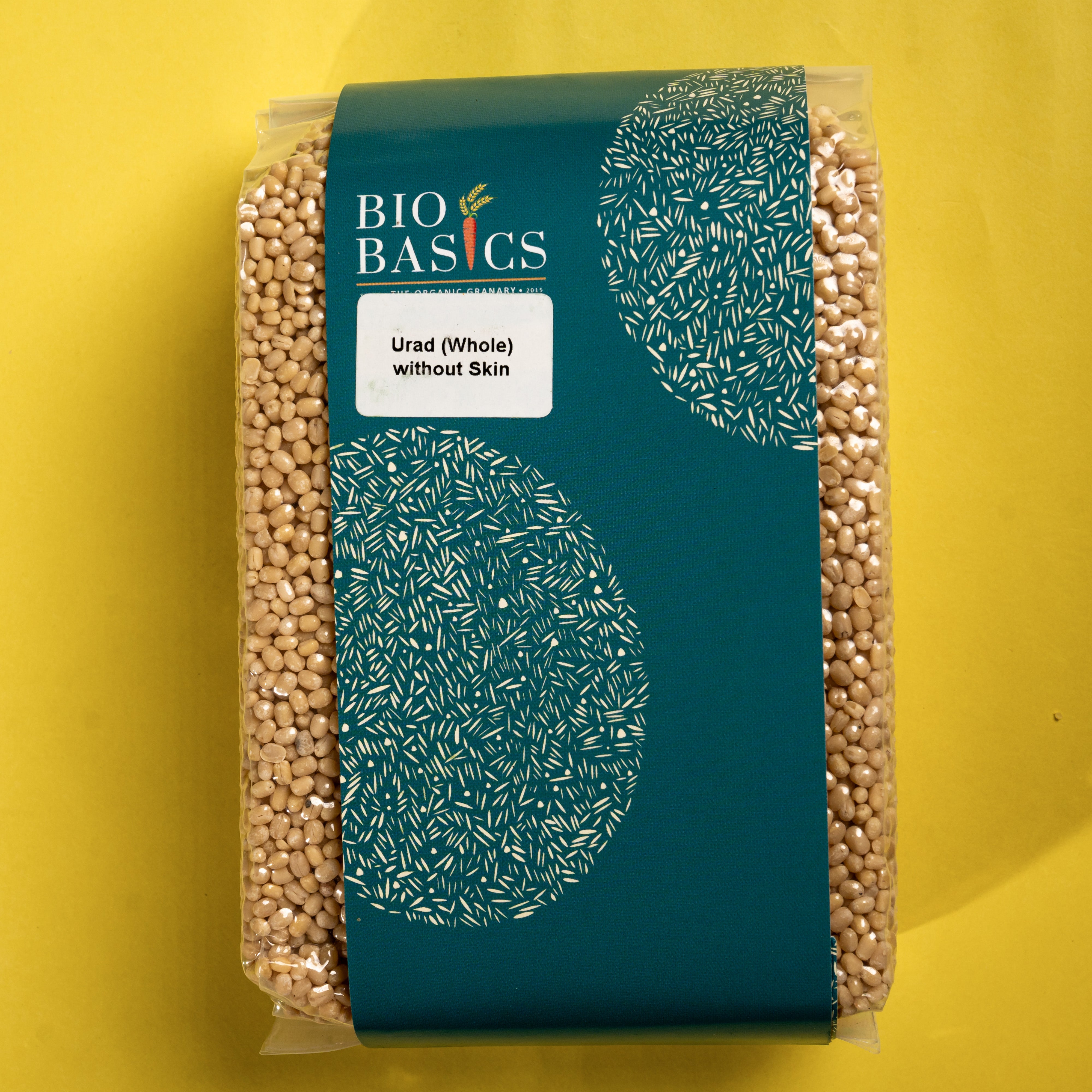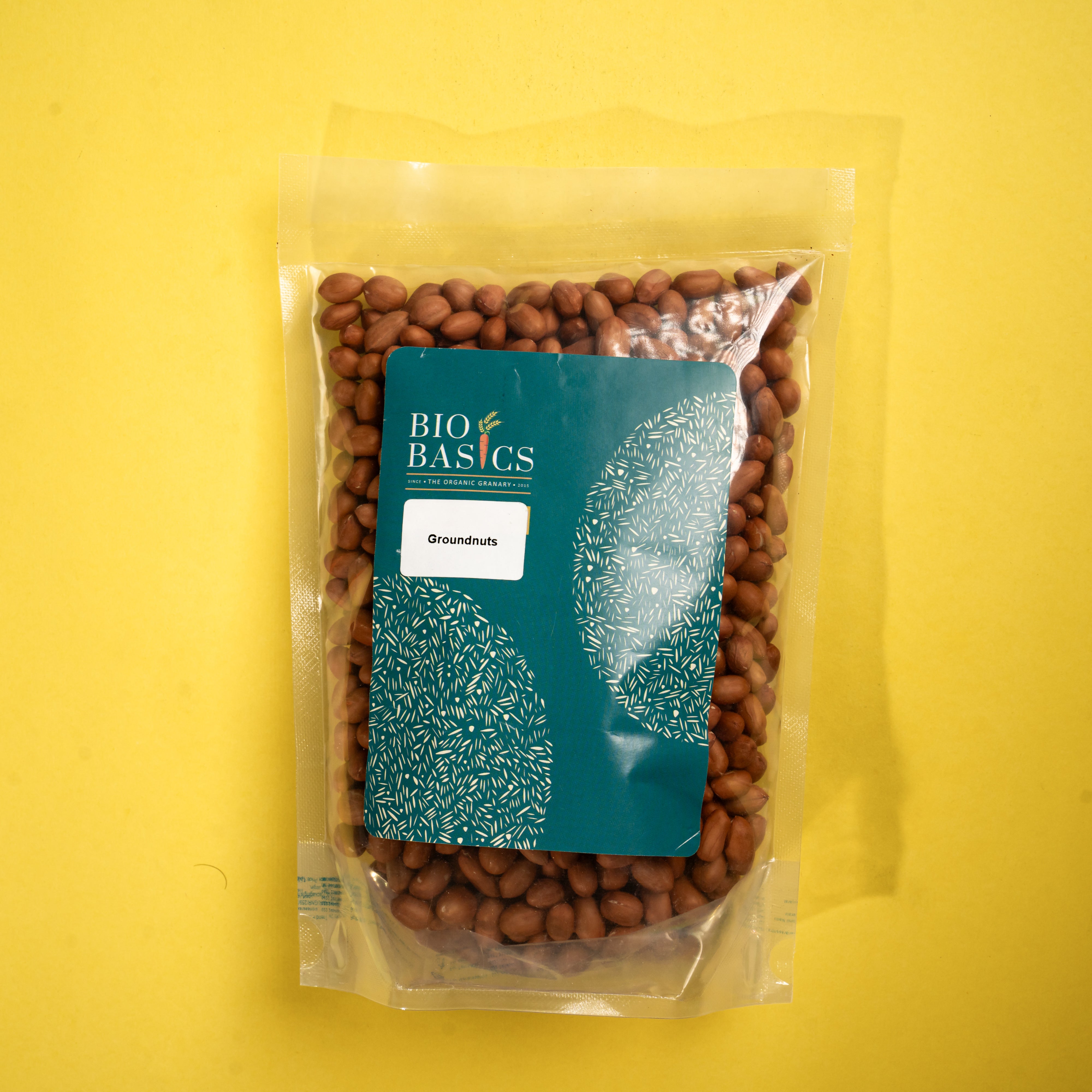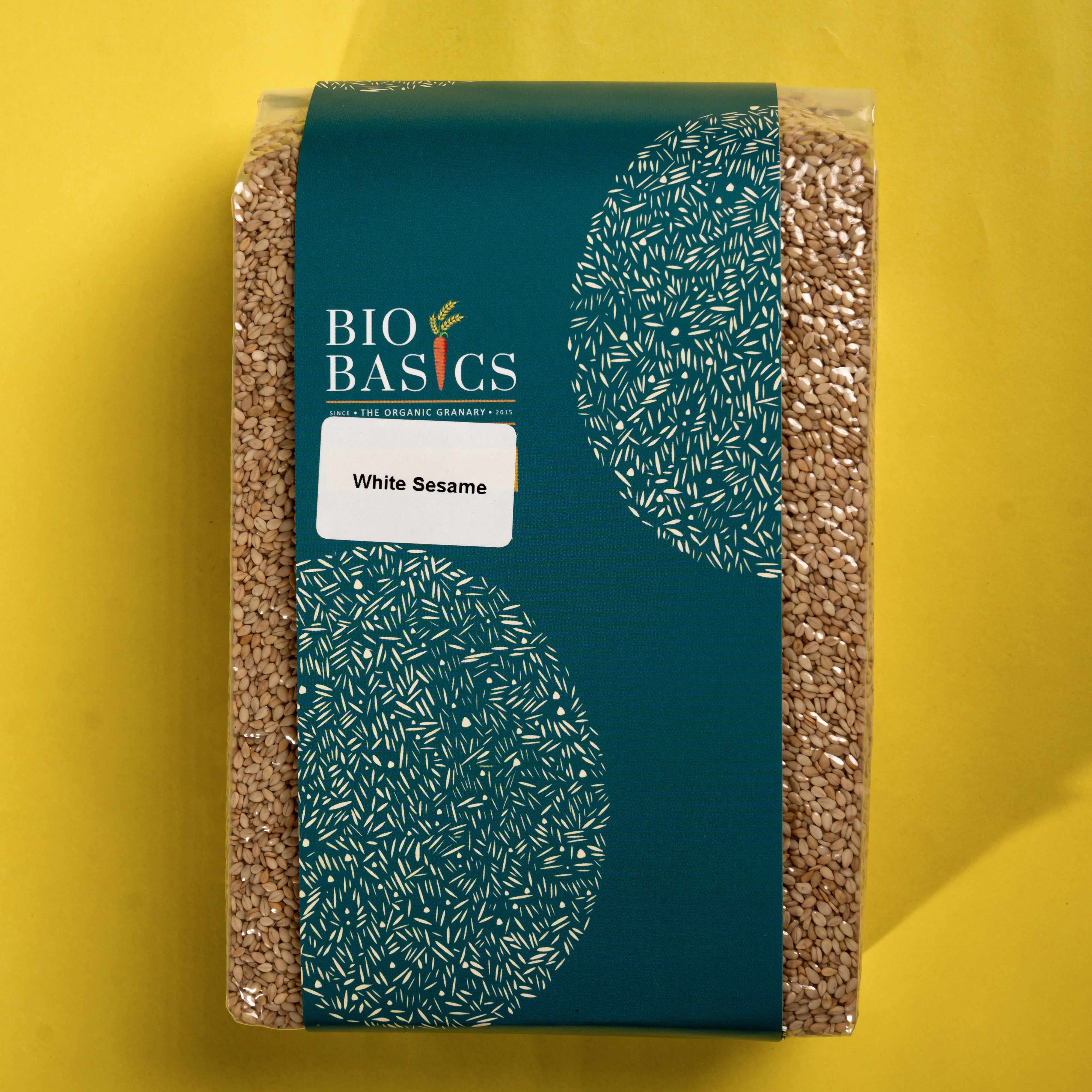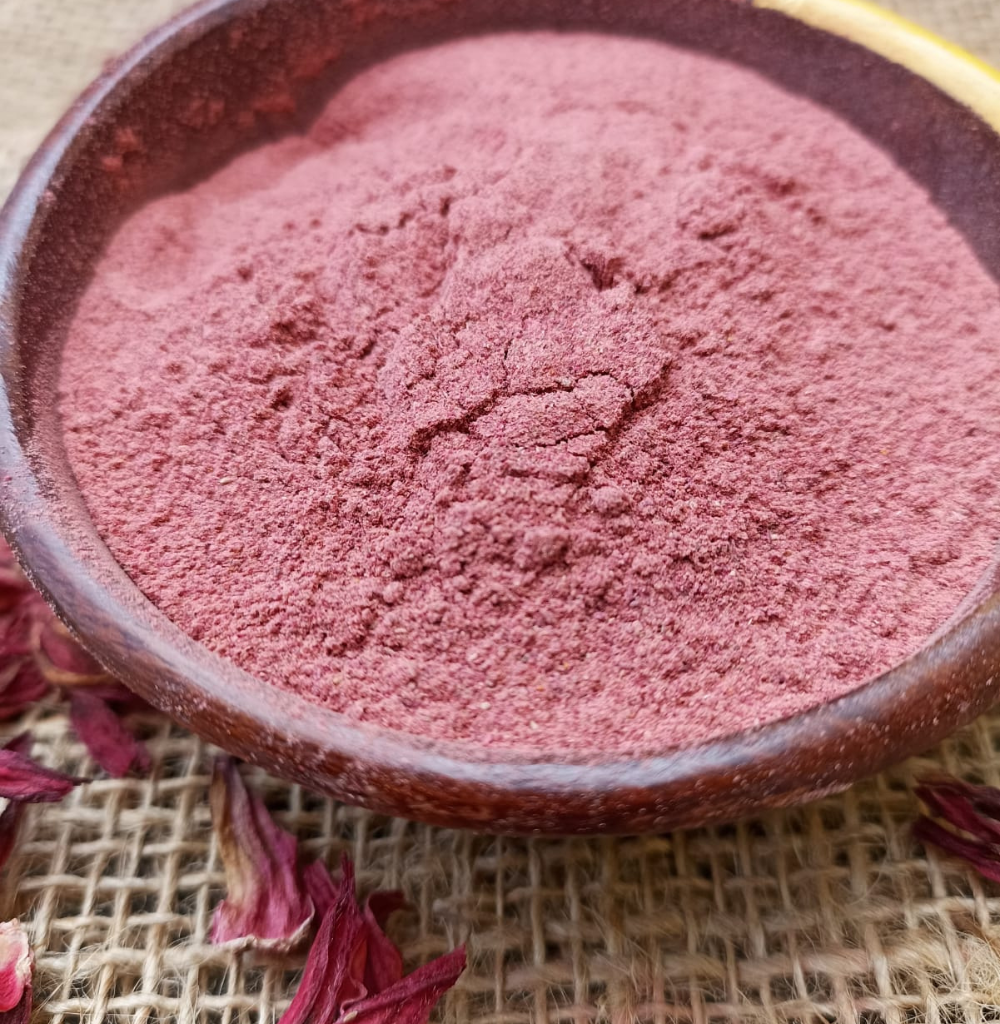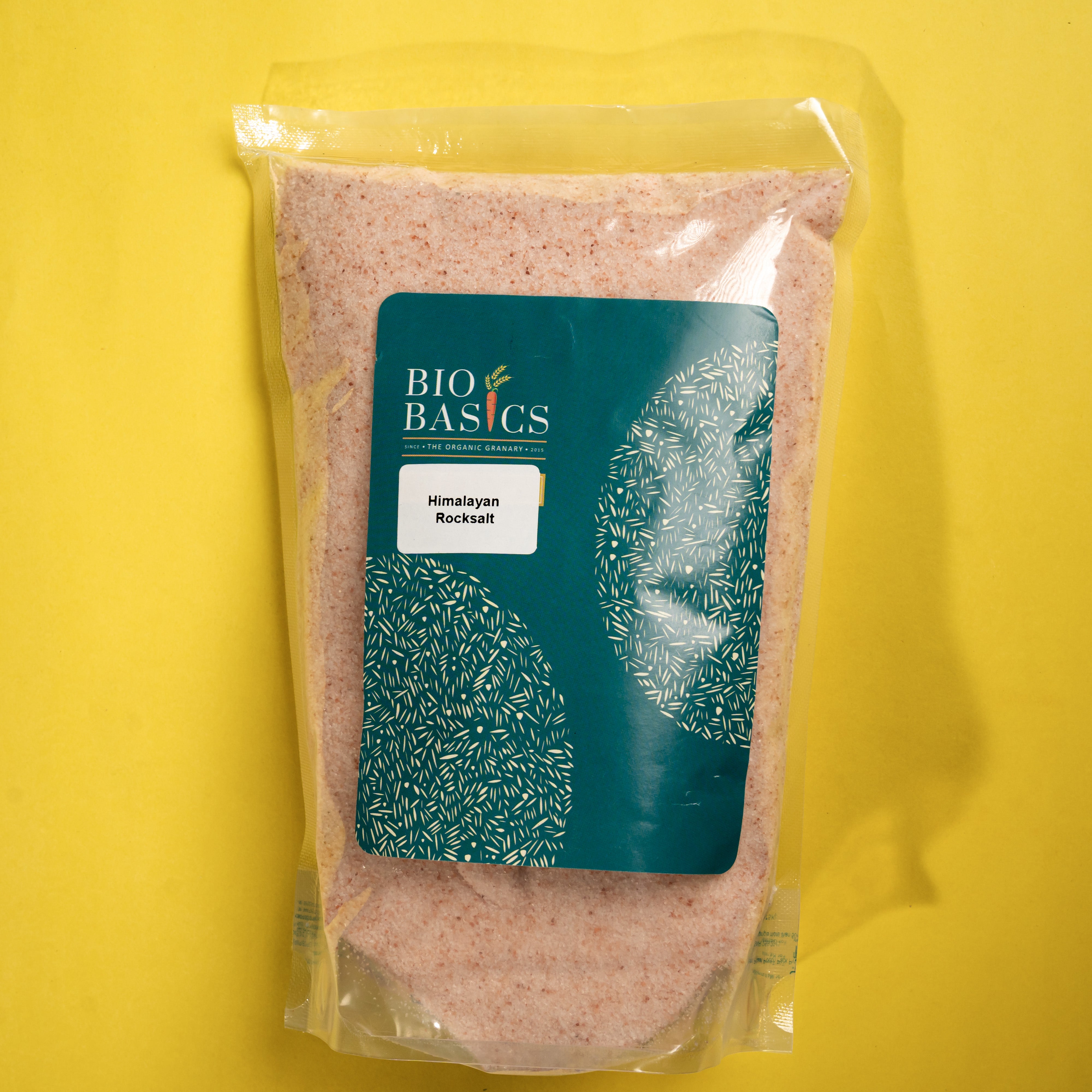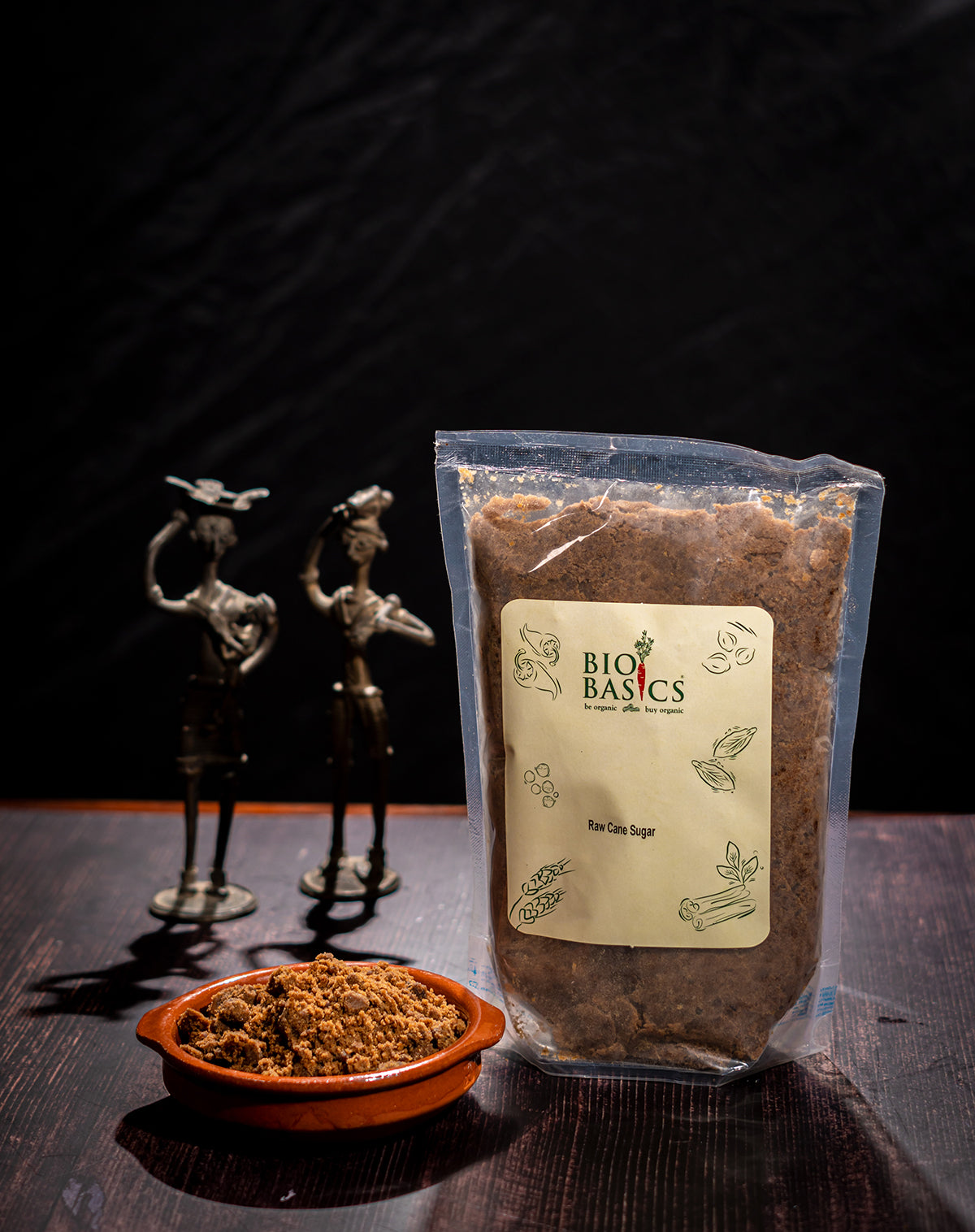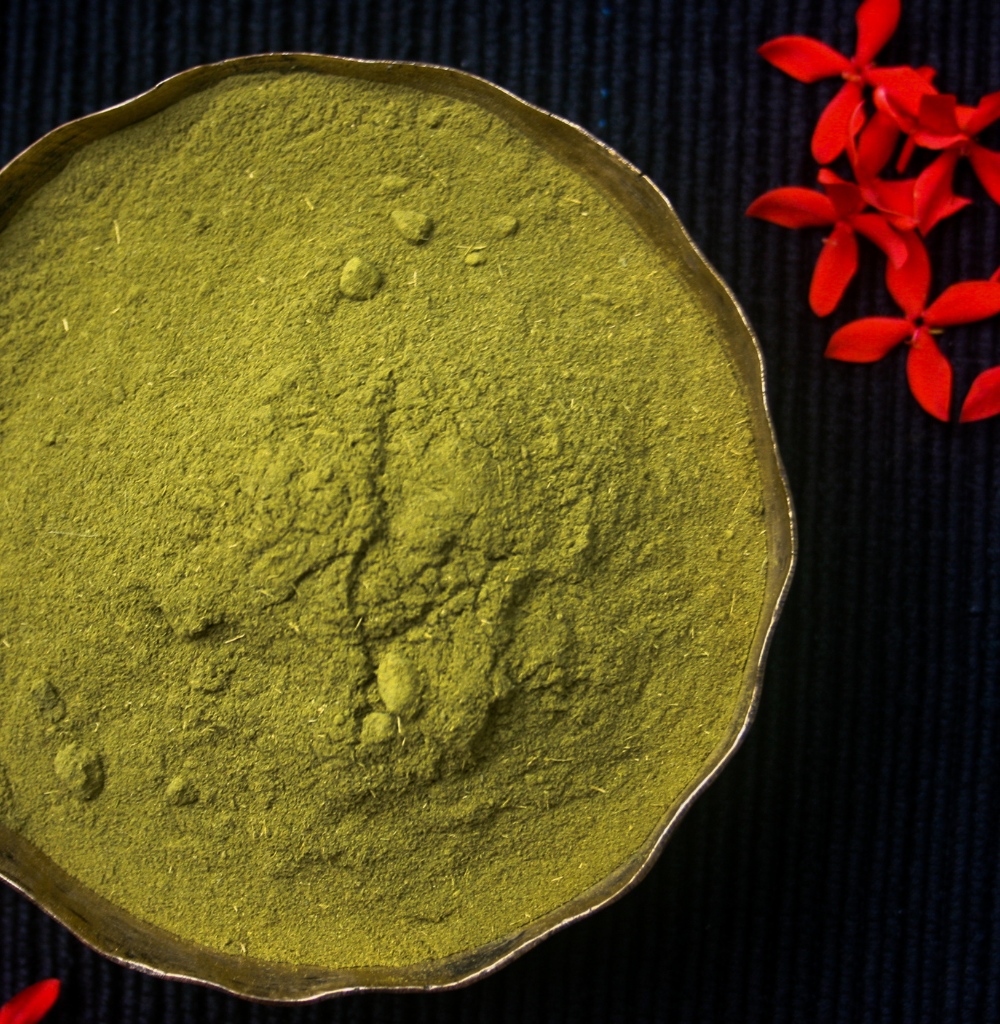Most farmers use chemicals. How can the organic farmer do without it? Is it even possible?
Remember, humans have done agriculture for millennia without the use of synthetic chemicals. So organic farming is nothing new. But it does require skill and knowledge, like any other profession. Farming, in the face of climate change and the vagaries of nature, is not easy. Just try your hand at it, even growing a tomato in your kitchen garden, and you will admit that pretty quickly!!
The following are the specific ways organic farming is different from chemical agriculture
1.Seeds: Most organic farmers use their own seeds, or from other farmers, and they tend to save up seeds from their previous crops. Chemical farmers buy seeds from the market, which are in and of themselves treated with chemicals to avoid pests eating the seeds. Seed saving is a cumbersome process under organic farming. Nowadays, organic vegetable farmers are also forced to buy some seeds, consumers prefer the modern varieties in terms of size, shape, look, colour, etc. The organic farmers treat the seeds with cow urine and other such methods before using them on the field, to ensure that the seeds are devoid of chemicals
2.Pest management: Organic farmers repel pests by a variety of ways - using pheromone traps, sticky paper, neem-leaf based concoctions, neem oil, chili powder which repel pests, bio pest repellents, growing marigold flowers which attract insects away from the crops. The intention is not always to kill them, but to maintain the balance in the ecosystem, so that the natural growth of the crops is not hampered. The chemical farmer would spray a deadly concoction of synthetic chemicals which will not only kill the harmful pests, but also the useful pests and harm himself and his family. The pests considered harmful are "vegetarian", in that they feed on the plants. While the "non-vegetarian" pests feed on the "vegetarian" pests. Thus, in Nature, the balance is established between the two. But when chemicals are applied all over the field/crops, both the types of insects perish and the ecosystem breaks down.
3. Fertilizing: Chemical farmers use synthetic NPK (Nitrogen, Phosphorus and Potassium) chemicals. The theory that is propounded (which is a reductionist way of looking at farming) is that plants require only these three elements for their growth. Under the organic/natural way, farming is a holistic process that involves not only these three elements (in the natural form) but a host of microbes that are present in the soil. The interactions among all these players is known only to a certain extent by humans. Hence our respect for Nature. As humans, we don't understand the entire process of farming or for that matter how even our bodies function. So under organic farming, the fertilizing that the crops need is done by various natural methods - using dry/green leaves, cow urine/dung and other materials naturally available in the farm. These methods replicate the natural process and allow nature to provide the nutrition that our crops need. This is a more holistic way of farming, rather than breaking down this complex process of farming into simplistic reductionist solutions involving synthetic chemicals.
4.Processing: While the mainstream farmers/processors resort to excessive processing for a variety of reasons, most of the organic farmers/processors treat the produce with minimal processing thereby retaining most of the nutrients within the produce itself. For instance, paddy is highly polished to generate white polished rice for the consumers (which is pure starch and responsible for them developing diabetes), while reselling the bran that has been polished away to manufacture Rice Bran Oil which sells at a premium. Also, the white polished rice is preferred by many retailers and producers because it has a longer shelf life and can remain in store shelves for months without any infestation. While minimally processed paddy comes out as red/brown rice which is more nutritious due to the presence of many minerals in the bran (which is only partly removed or not removed at all), and also, tends to satiate us more quickly, thereby reducing the quantity we consume.
5. Storage: Organic farmers store the produce in such a way as to not use any fumigants (in the case of paddy). They would store it as paddy itself, instead of milling all of the season's produce in one go into rice. This attracts insects/rodents because, unlike us, they are more interested in the bran! These pests are kept away using natural repellents, like neem leaves, and other mechanisms. The chemical farmer stores his grains and ensures no pest attack by using chemical fumigants and poisonous chemicals such as Aluminum Phosphide (almost lethal to humans).